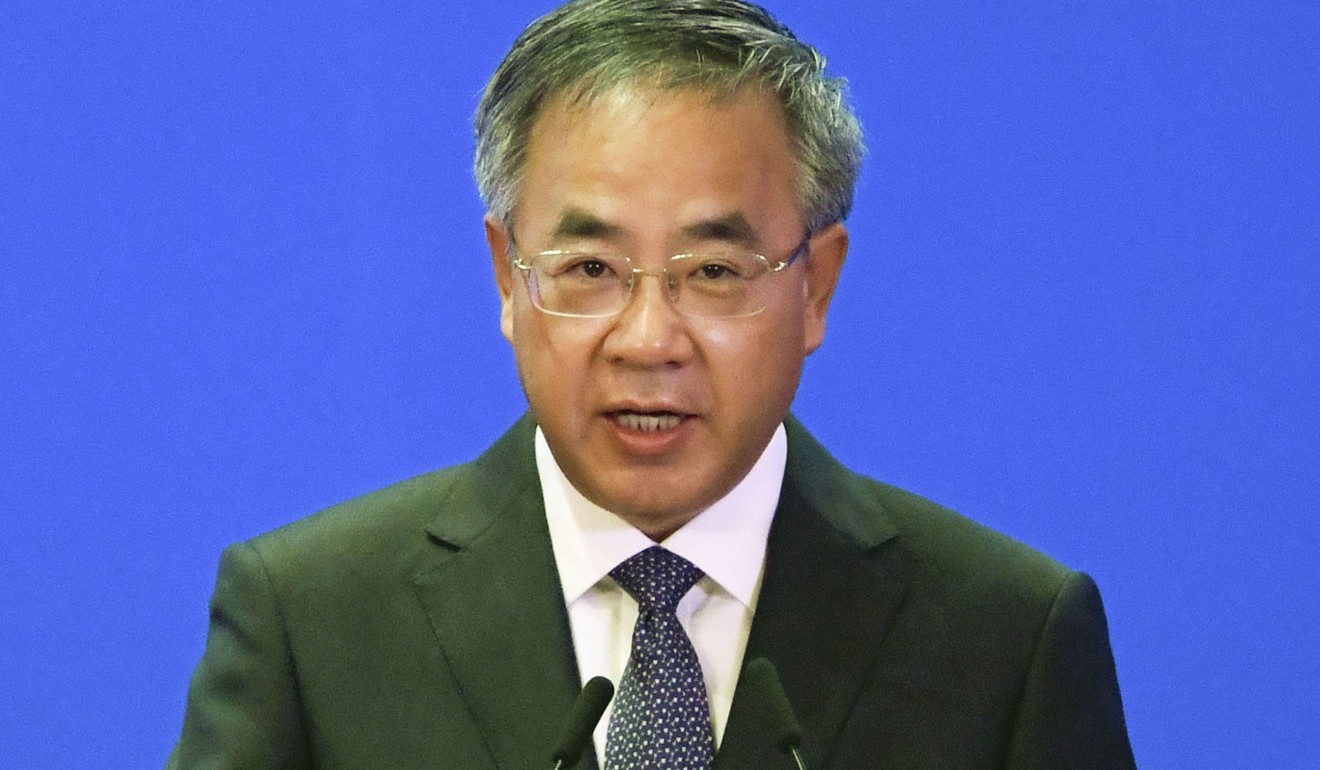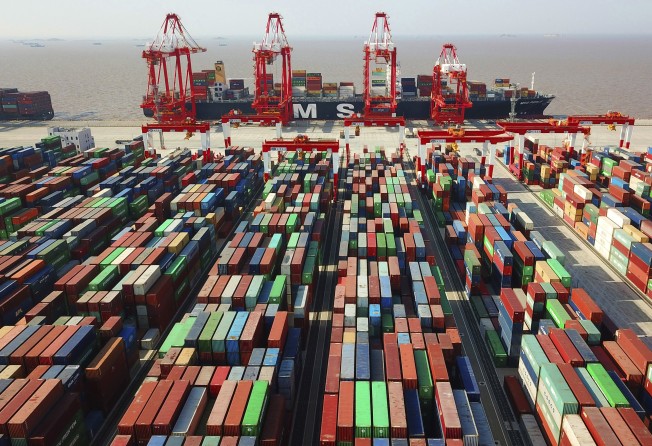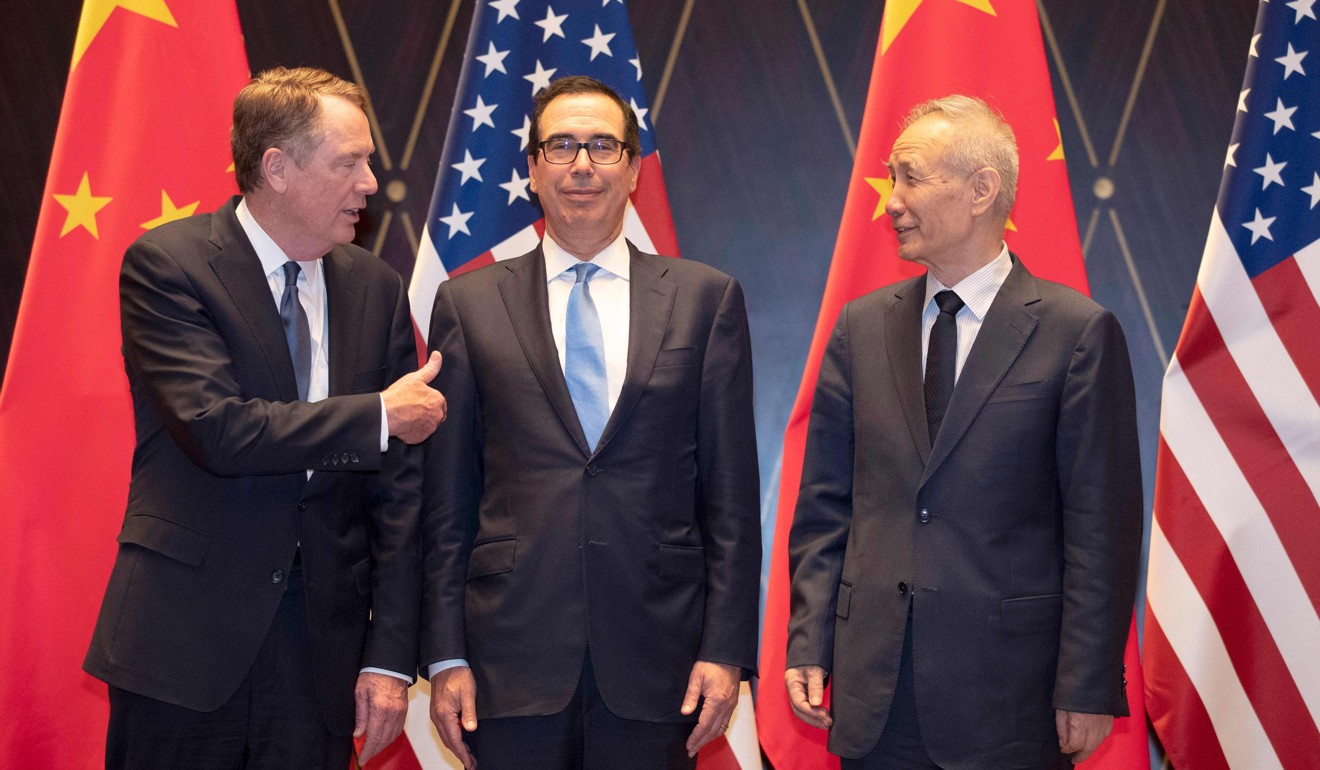
While the US rants, the rest of the world is working on free-trade deals
- As the Trump administration moves towards protectionism, nations elsewhere are seeking solutions to shore up multilateralism

The World Trade Organisation-based global order that the United States helped put in place is threatened by the unilateral policies of American President Donald Trump’s administration.
Governments not used to the burden of leadership are searching for ways to fill the void, and two agreements – one in Asia, the other in Europe – offer hope.
The more significant of the two, Asia’s Regional Comprehensive Economic Partnership (RCEP), moved closer at a recent meeting in Beijing towards the goal of creating the world’s largest free-trade area by the end of the year.
Every effort should be made to meet the target; it would support multilateralism while being a bulwark against Washington’s protectionism.

Vice-Premier Hu Chunhua said at the meeting that negotiations had reached a key stage.
He said 80 per cent of the Association of South East Asian Nations-inspired agreement, involving Asean’s 10 members, China, Japan, India, South Korea, Australia and New Zealand, was complete, but significant obstacles still had to be resolved.
India is known to be reluctant to open its markets, even though doing so would be in its interests and mutually beneficial for other nations; its commerce minister did not attend, citing parliamentary commitments.
An escalating trade dispute between Japan and South Korea could also prove problematic.
Another pact being worked on between the European Union and Canada likewise offers a way around the US blocks. An aspect is an alternative to the WTO dispute settlement system, which the Trump administration has brought to a standstill through refusing to appoint judges.

At their meeting last month in Nice, Brussels and Ottawa effectively issued an open invitation to other governments to participate.
Ways have to be found around the governance crisis that the US has created, just as free-trade pacts are a means to counter the damage done by its tariffs and bans on goods and equipment.
The WTO’s rules and global trading system need to be revamped, a reality recognised at the last summit of the Group of 20 leading economies in Osaka, Japan.
But words need action and the G20 is being held hostage by the US, a key member.
That is obvious by the way Trump’s negotiators have been dealing with China, claiming to have made positive progress in the latest round of trade war negotiations, but the president just days later saying that a 10 per cent tariff would be imposed on US$300 billion of Chinese products on September 1.
With no resolution in sight, partnerships like the RCEP are important. RCEP nations have 47.4 per cent of the world’s population, cover 32.2 per cent of global GDP, 29 per cent of trade and 32.5 per cent of investment.
Through striking a free-trade deal, they would be sending a powerful message to Trump while protecting multilateralism.